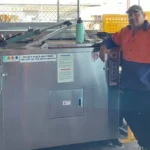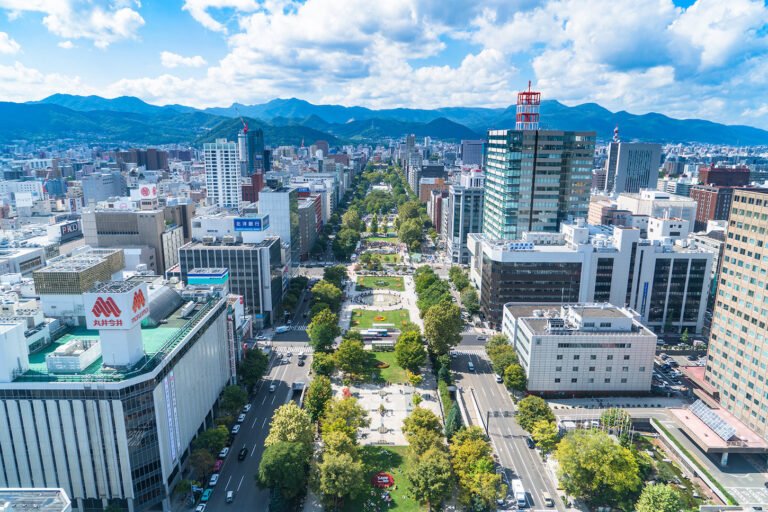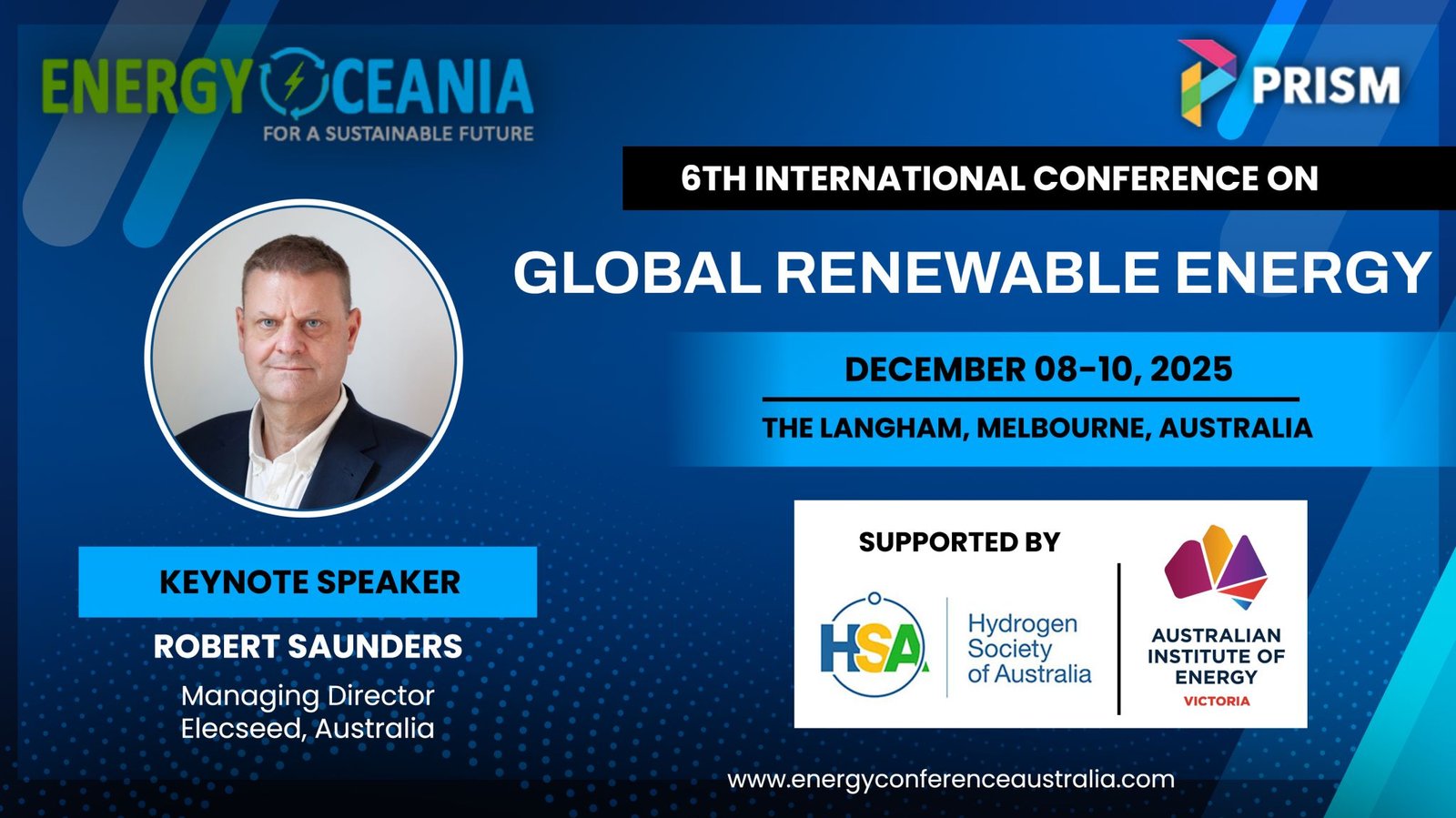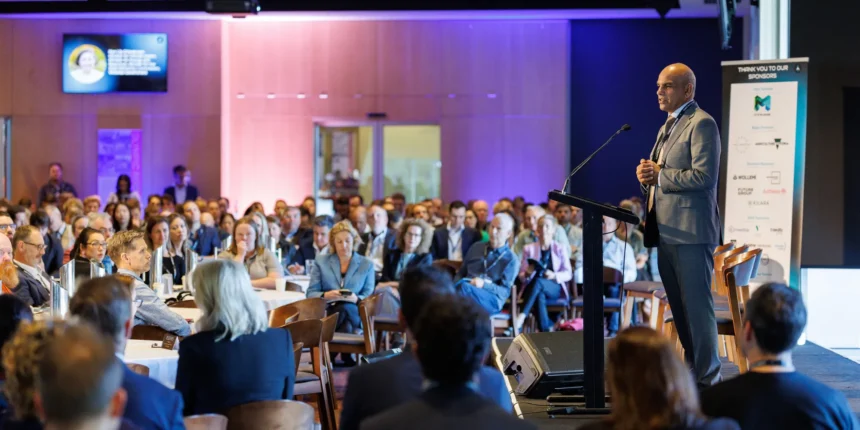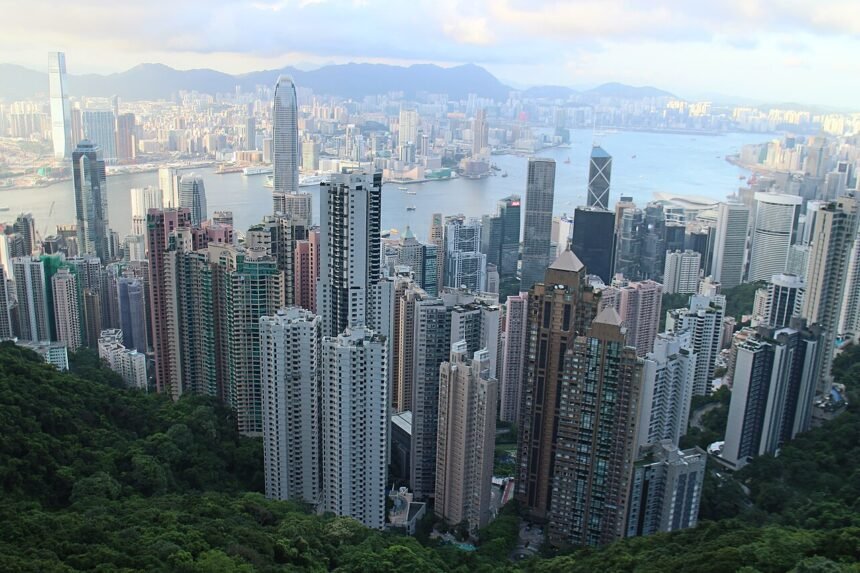LASER ENGRAVED – Trumps 2020 Campaign US$500,000 from straws – so you can “enjoy your drink with a bit of presidential flair“! (Official Trump Store) *Vietnam produces Drink Straws from Bamboo, Sugarcane, Rice, Coffee, Grass, Seaweed.
US President Donald Trump signed an executive order of the National Strategy to Eliminate Paper Straw Use – on the back of raising US$500,000 from 2020 campaign branding on plastic straws.
“We’re bringing back plastic straws,” Trump declared during the signing ceremony, criticizing paper straws for their durability issues. He remarked, “Paper straws just don’t work—they break, dissolve, and fail within minutes, especially with hot drinks.”
From 2017, the biggest consumers from Kenya, China, India, France and Chile, and most other countries, have banned Plastic.
The only developing Asia nations of large populations of Thailand, Vietnam, and Indonesia are still working on it. And surprisingly, Singapore has no ban. Hong Kong does- including bans other single-use plastic items such as cutlery, stirrers, and, styrofoam food containers – a BIG issue on the beautiful HK harbour.
In 2024, The fifth session of the Intergovernmental Negotiating Committee (INC-5) to develop an international legally binding instrument on plastic pollution, including in the marine environment, ended without a final agreement on a Global Plastics Treaty. The INC-5-2 2025 session is yet to be determined.
Harvard Medicine Magazine discusses microplastics as pervasive in aquatic environments, affecting marine ecosystems of microorganisms’ roles in sequestering carbon dioxide and producing oxygen which abates climate change – and potentially entering the human food chain. The neurological effects of human brain tissues is raising concerns about potential neurotoxic effects, although causality has not been established. (UK Times)


BIODEGRADIBLE STRAWS: Bamboo, Sugarcane, Rice, Coffee, Grass, Seaweed
This will in effect end federal purchases of paper straws and advocate for a return to plastic alternatives, rolling back Biden-era initiatives aimed at reducing plastic pollution, which sought to phase out single-use plastics, such as straws and cutlery, from federal operations by 2035.
Plastic Straws in Focus The United States uses approximately 390 million plastic straws daily. Trump’s opposition to paper straws dates back to his 2020 campaign, where he sold branded plastic straws, raising nearly $500,000 in a few weeks.
The new order highlights concerns about paper straws, including their higher carbon footprint and the presence of PFAS chemicals, which persist in the environment and pose health risks. Despite studies indicating plastic straws also contain PFAS, the administration asserts they are a safer alternative.
With this policy shift, the Trump administration aims to reframe the conversation on plastic use, prioritizing convenience while downplaying environmental concerns.
The Plastic Straw Problem and Sustainable Alternatives
Over 390 million plastic straws are used daily in the US, typically for less than 30 minutes—yet they take around 300 years to decompose. Made from polypropylene, a thermoplastic that is difficult to recycle, these straws often bypass municipal recycling centers due to their small size. Globally, only 9% of plastic waste is recycled, and for polypropylene, that figure drops to a mere 3%, with the remainder either incinerated or dumped in landfills, where it contributes to pollution and microplastic contamination.
Stainless Steel: A Promising Alternative
Reusable stainless steel straws emerge as a more sustainable option, free from harmful PFAS chemicals and endlessly recyclable. However, research indicates they must be reused between 37 and 63 times to match the carbon footprint of a single plastic straw.
A Symbol of a Larger Crisis
Though straws represent a small fraction of global plastic pollution, they symbolize the broader challenge of combating plastic waste, which is projected to triple by 2060. Efforts to address the crisis faltered in 2024 when a global summit involving 200 nations failed to reach a consensus on a Global Plastics Treaty, with the US among the countries opposing binding limits on plastic production.
As the US reverses environmental policies under President Trump, including withdrawing from the Paris Climate Agreement, environmental advocates warn that the administration’s approach may further obstruct progress toward a comprehensive global solution to the plastic waste crisis.



